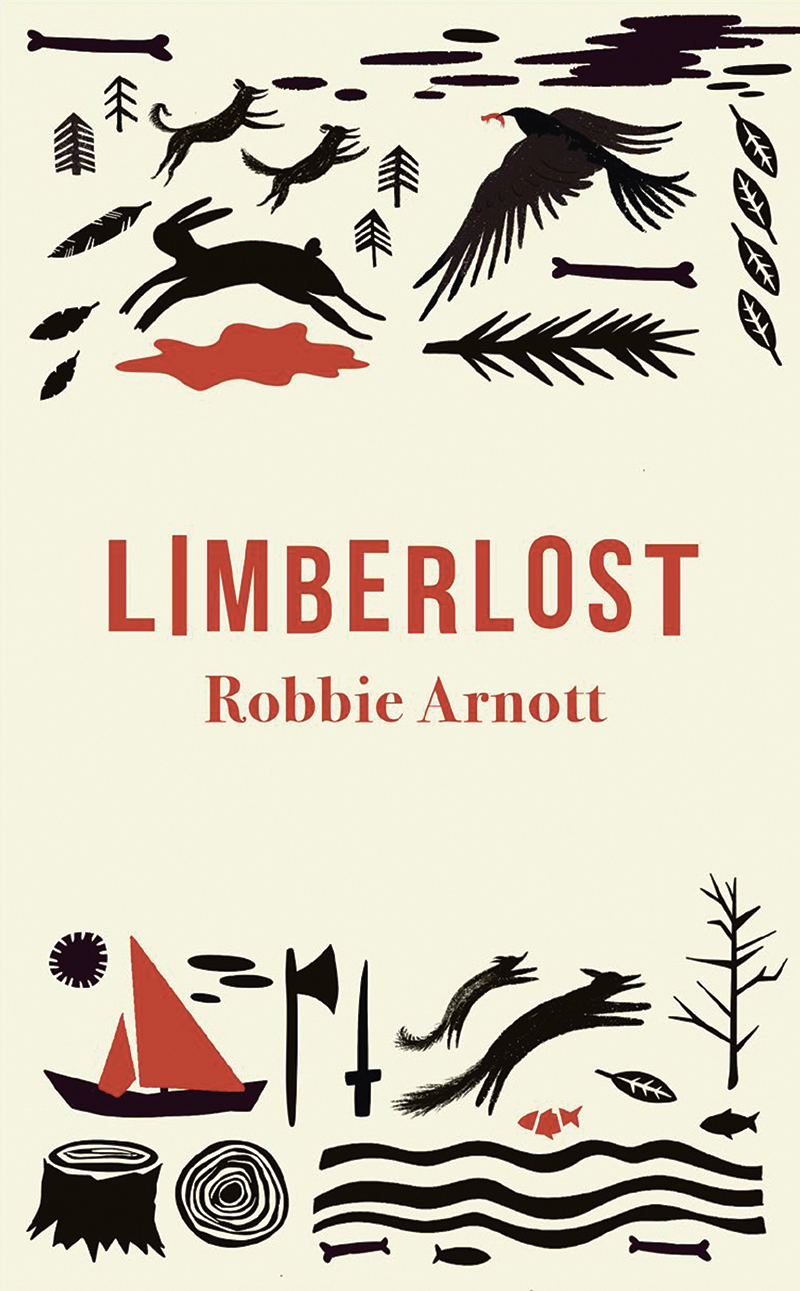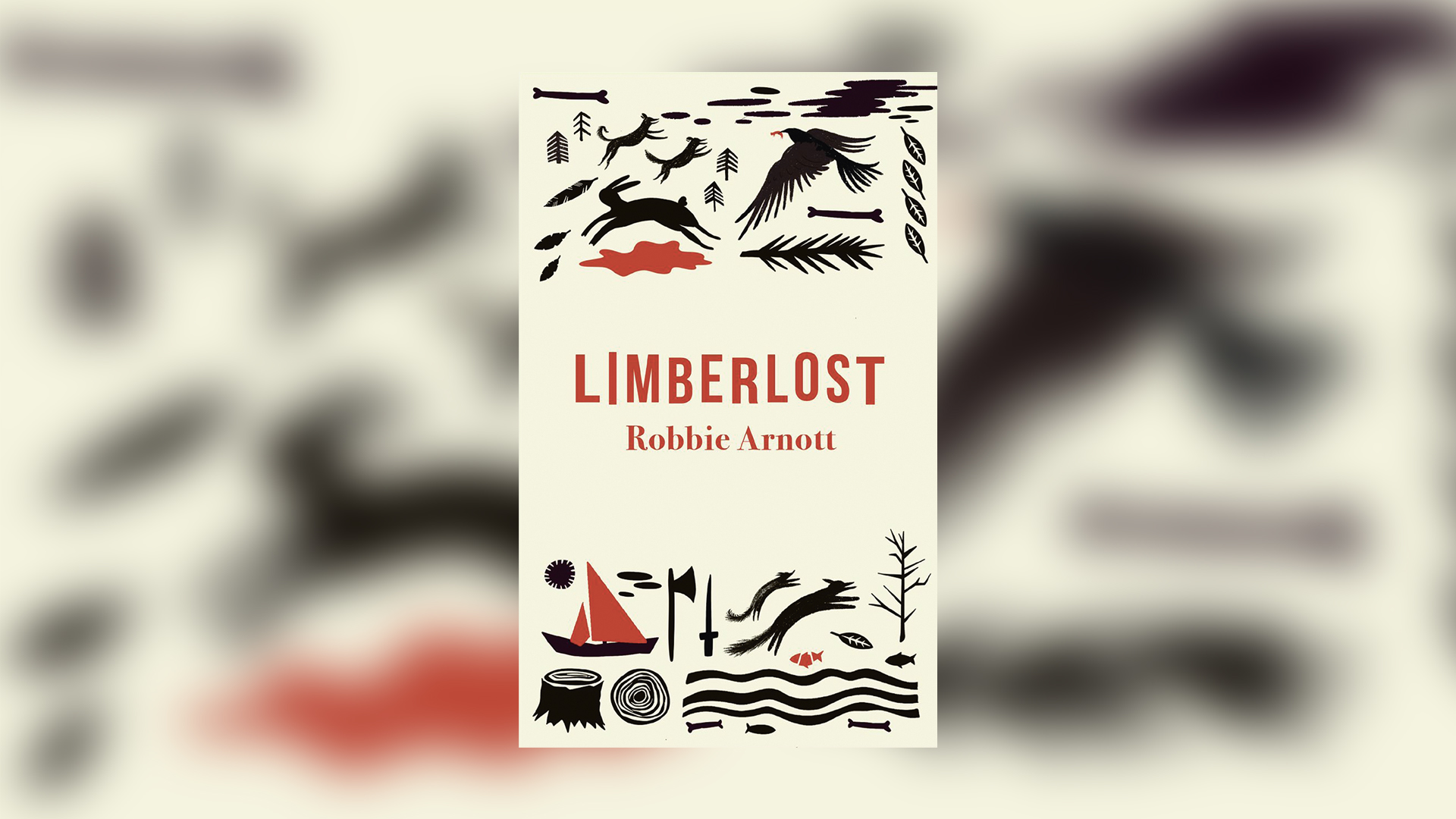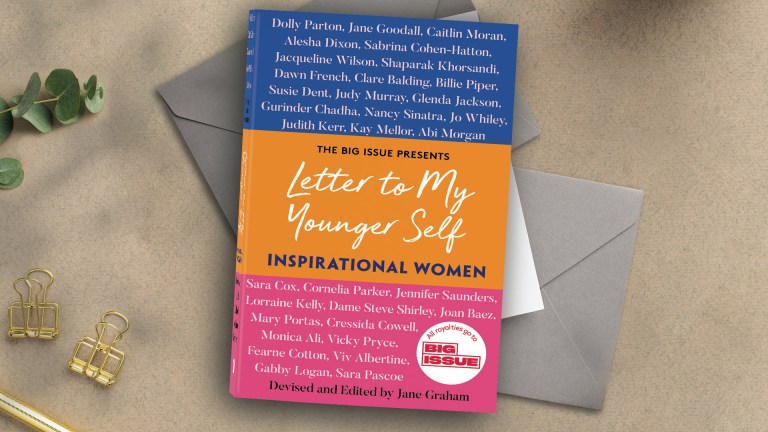Limberlost begins with a whale, not a marlin: an almost-mythical beast at the mouth of a Tasmanian river, troubling the waves with its fluked tail. But Robbie Arnott’s third novel carries echoes of Ernest Hemingway’s masterpiece. As its hero pits himself against nature to prove himself to older men – his father and his absent brothers – it could be read as a sort of The Young Man and the Sea: a beautiful, pared-back exploration of masculinity, and the sustaining nature of dreams.
Ned West is a motherless boy who lives on an orchard – the Limberlost of the title – with his father William. Once strong and cheerful, William is worn out with anxiety for his older sons, Bill and Toby, who are off at war. Ned is too young to enlist, and consumed by a sense of his own inadequacy, which he stokes by dwelling on exaggerated memories of his brothers’ prowess and feats of endurance.
To boost his self-esteem, he takes up rabbit hunting, shooting and then skinning them by the dozen. Their pelts will make slouch hats for the soldiers; but his real motivation for the slaughter is to make money to buy a boat. He wants the boat for its own sake, but also as a means to demonstrate his physical competence and to recreate the night, many years before, when his father had taken all three of his sons down-river, and they had waited under a starlit sky for the leviathan to explode out of the water.
Limberlost is a sensory roller coaster. Arnott’s writing is unadorned, but thrillingly visceral. Whether Ned is in an abalone-rich reef, camping among the “paperbarks and black gums and the ubiquitous coastal she-oaks” or watching apples being ripped from their boughs by a storm, the reader is encouraged to see, hear, inhale the scene; to experience first-hand Ned’s engagement with his environment. This peaks in an exhilarating passage where he is dazzled by the scent of his Huon pine dinghy. “The odours of trees belonged to their leaves and flowers; he’d assumed timber would be mute,” Arnott writes. “He wondered at his wrongness, as the wood spice filled his lungs, sank into his blood. The sight and smell. He felt tricked and drunk. He hadn’t realised the world could do things like this to him.”
The joy of Limberlost, beyond the writing, is that, in Arnott’s rendering, nature is not always something to be wondered at, then subdued. The book is flecked with violence and rot, but there is much tenderness, too. When Ned inadvertently captures a quoll, he is torn between the urge to torment and the urge to nurture. The latter wins out, as he discovers his own strength lies in his capacity to care; and that there are many different ways to be a man.

Limberlost by Robbie Arnott is out now. You can buy it from The Big Issue shop on Bookshop.org, which helps to support The Big Issue and independent bookshops.









